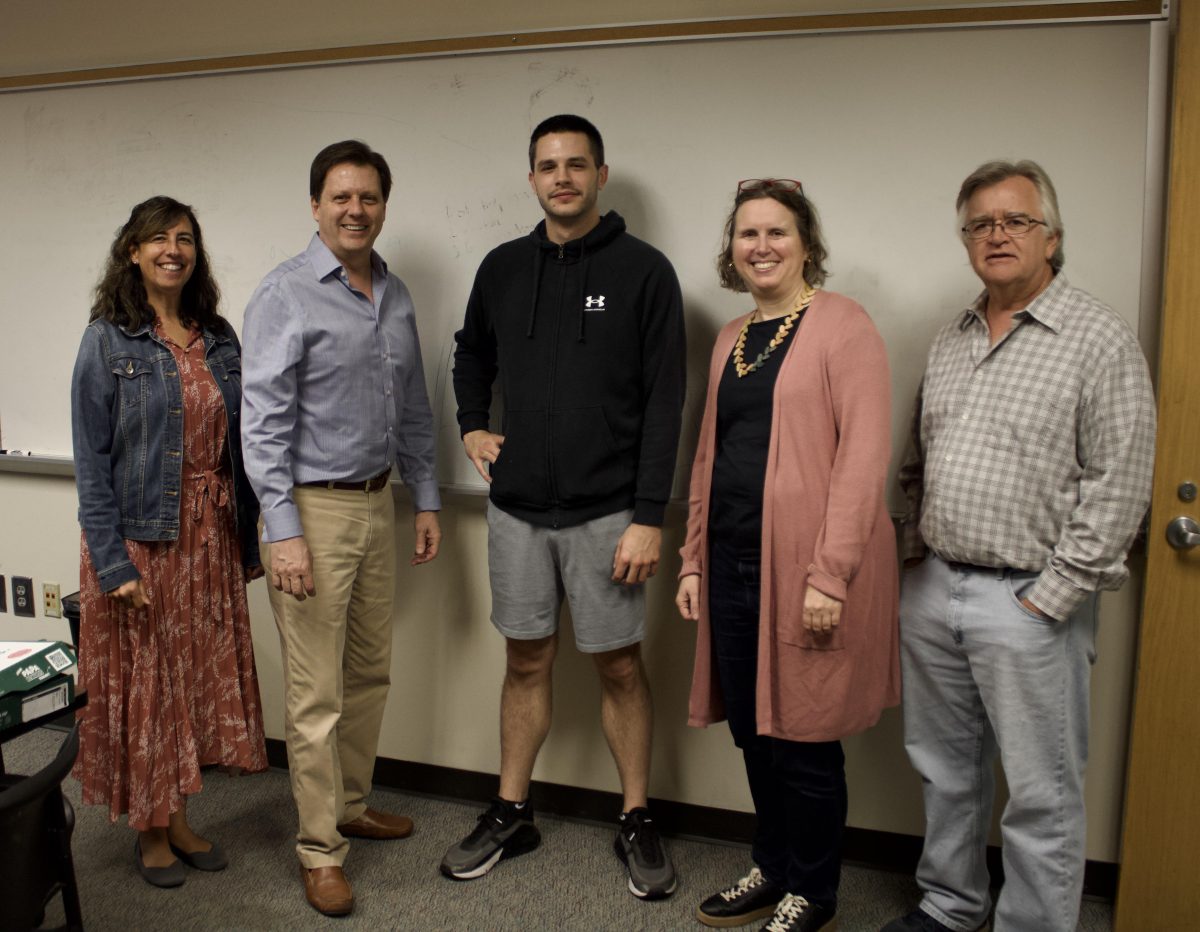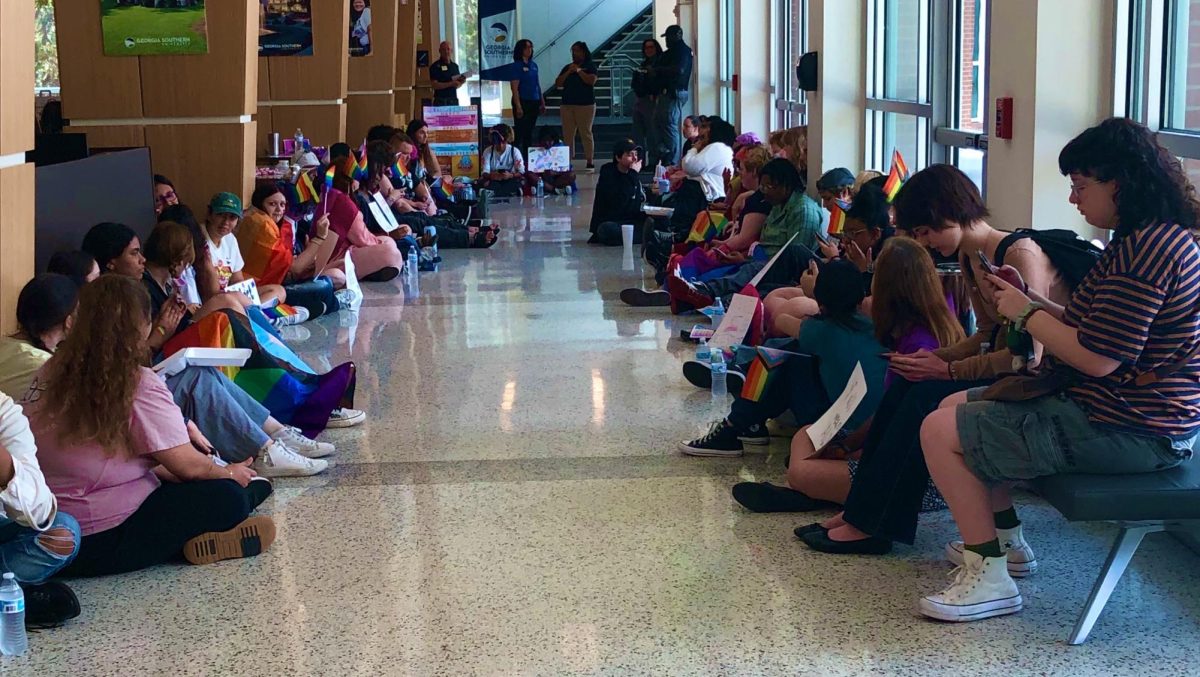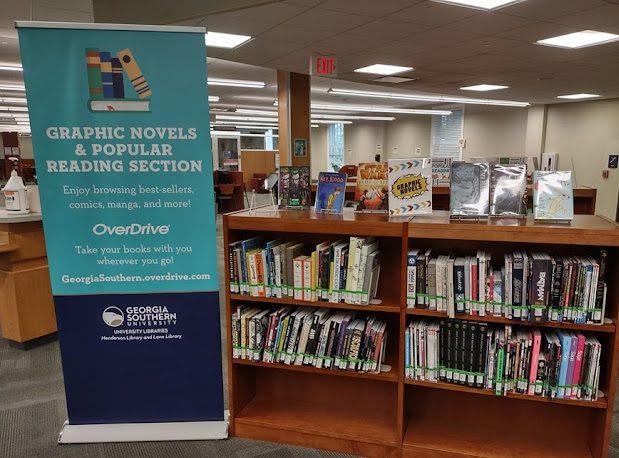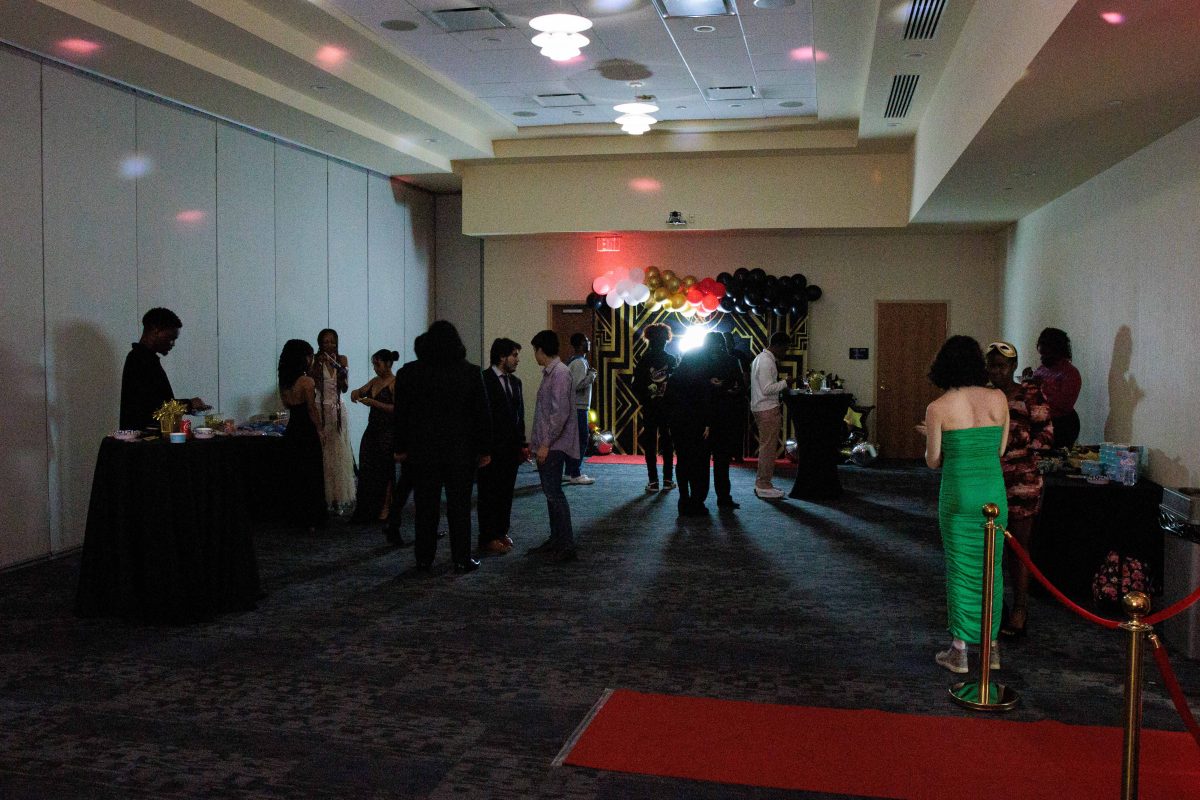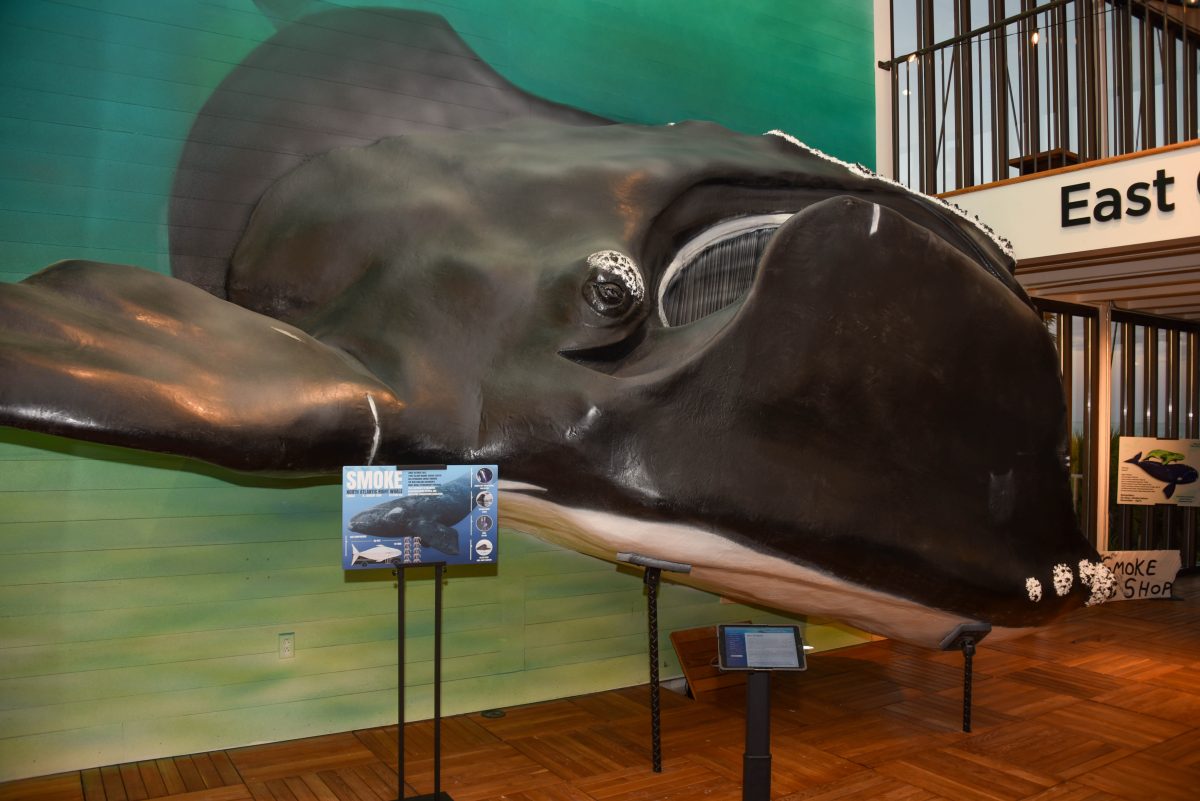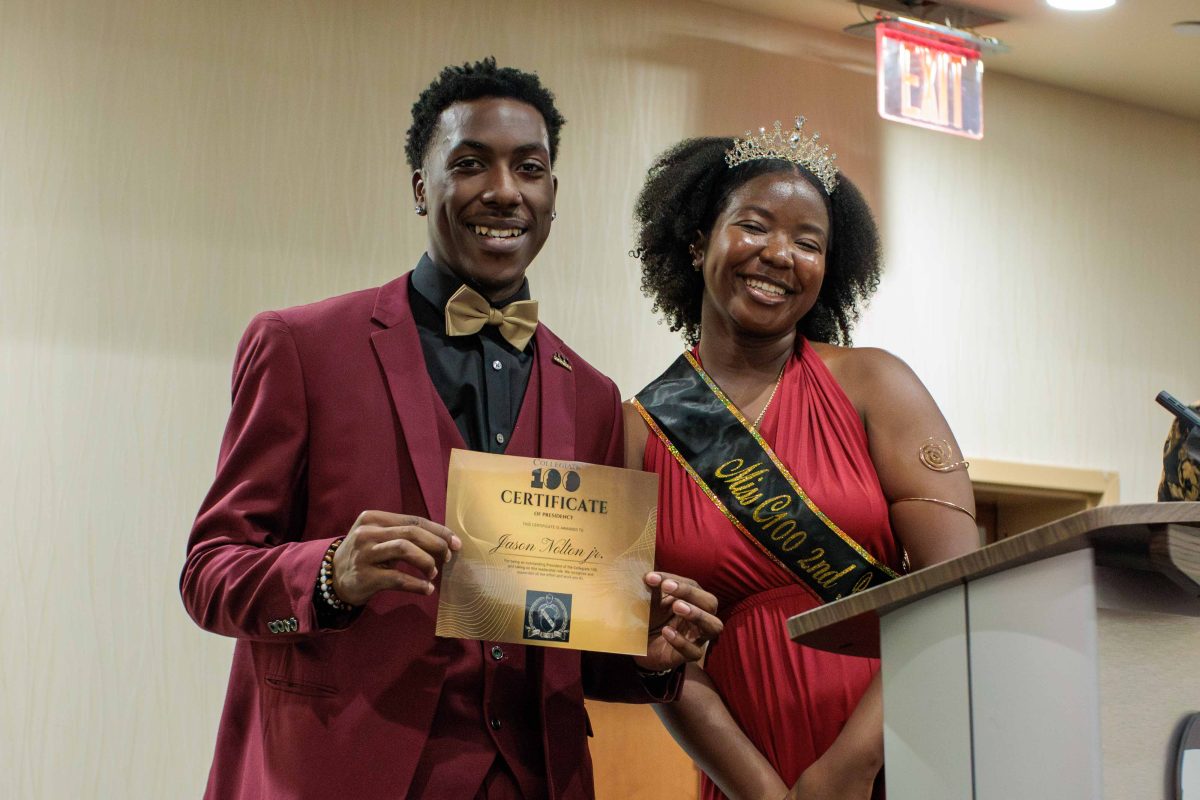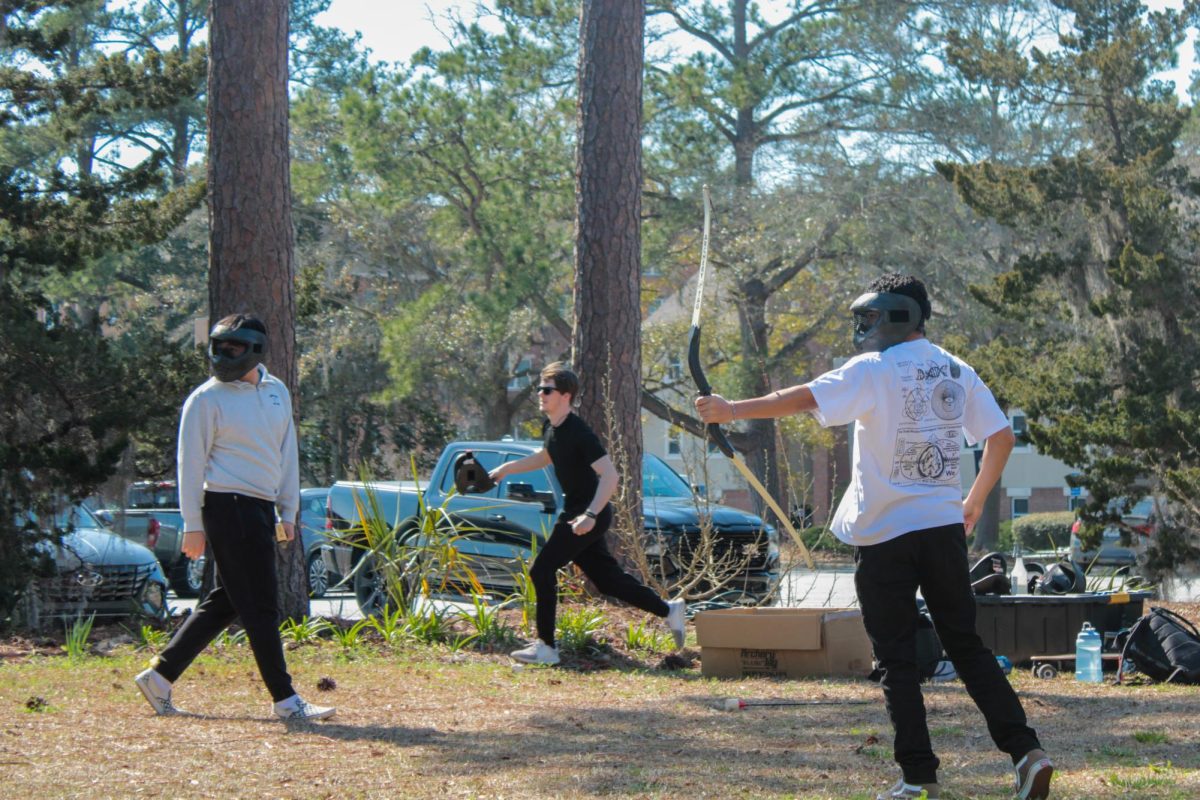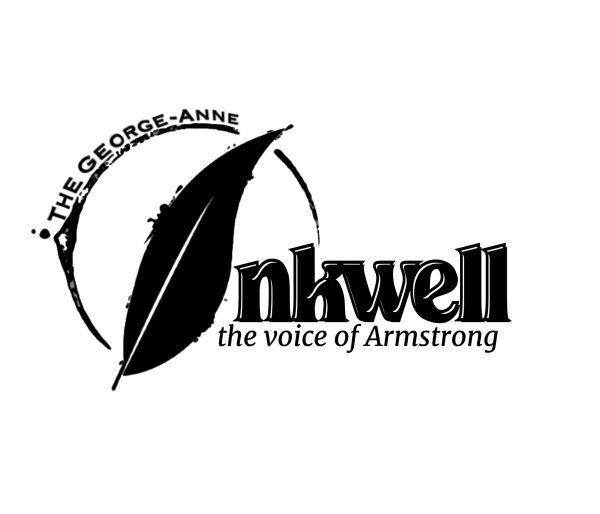After the meteoric success of the Barbie movie, history department faculty and students gathered to discuss the relevance of Women’s History Month in modern American society on Wednesday in Hawes Hall.
Associate Professor of History Felicity Turner hosted the event titled “Beyond Barbie: Does Women’s History Month (Still) Matter?” to examine the month, particularly through the lens of film and modern politics.
A handful of people attended – a decent turnout for a rainy day following the event’s rescheduling – and all agreed that, despite the recent success of women-centric films, the fundamental issues prompting the observance of Women’s History Month remain largely unchanged.
Attendees discussed Roe v. Wade, the landmark Supreme Court decision that established abortion rights in the United States in 1973. The recent reversal of this decision illustrates the continuing significance of women’s rights, history and reproductive health.
“Interest in women’s history here has cratered,” Dr. Turner said, “and it was cratering even before the overturning of Roe v. Wade.”
Meanwhile, Christopher Hendricks – professor of history – stated that the overturning of Roe v. Wade quelled anti-abortion reactions in class discussions about the Supreme Court decision’s history.
Dr. Turner speculated that the success of films like Barbie may lead to a “resurgence” of interest in Women’s history.
However, while Barbie basked in commercial success, it faltered in the awards arena compared to its counterpart, Oppenheimer. Graduating history major James Landers criticized the latter for overlooking women’s contributions to the Manhattan Project.
“You didn’t figure out everything yourself,” Landers remarked, addressing the portrayal of Oppenheimer.
Dr. Turner concluded the event by discussing the difficulties she may face in being recognized as a 19th-century Americanist in today’s job market, given that her book focuses primarily on women
“They’re like, ‘you only wrote about women.’ Nobody says, ‘you only wrote about men.’ That’s why we need Women’s History Month,” she concluded.


